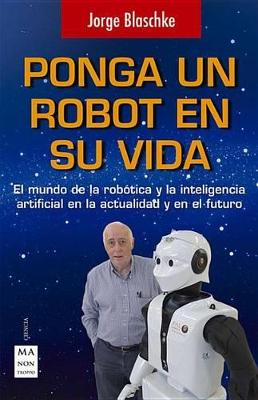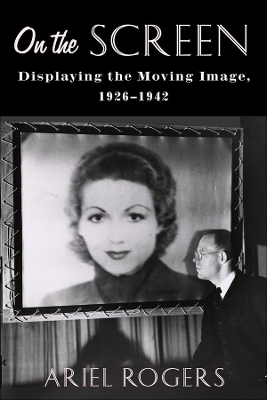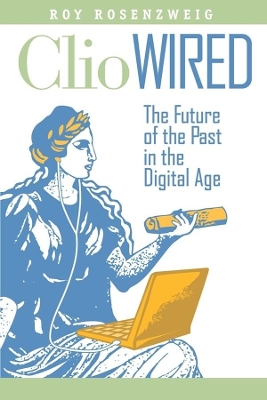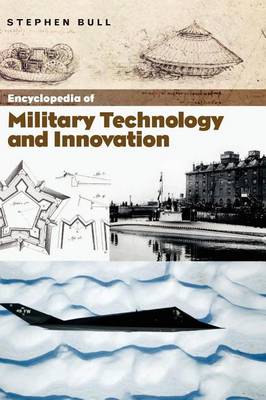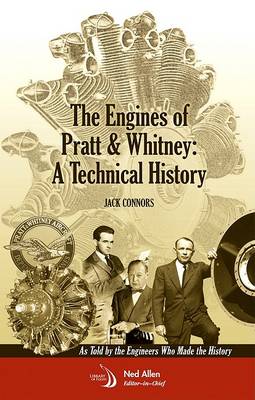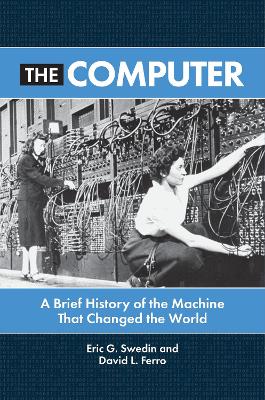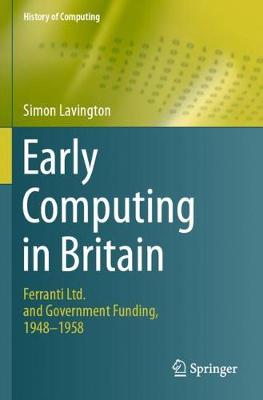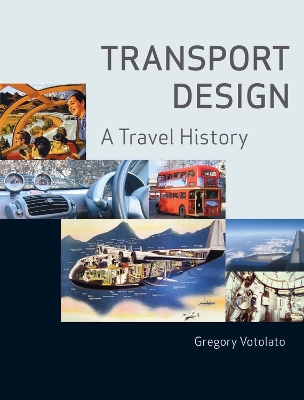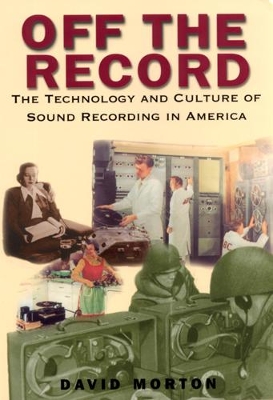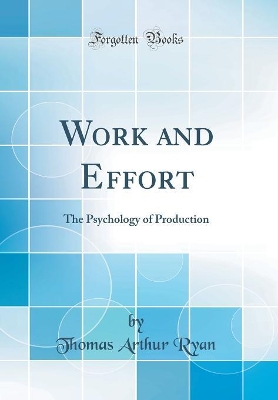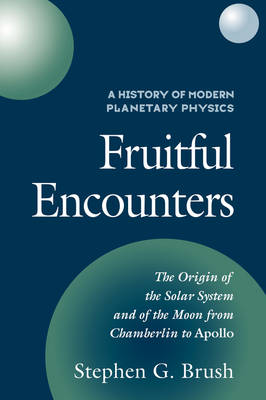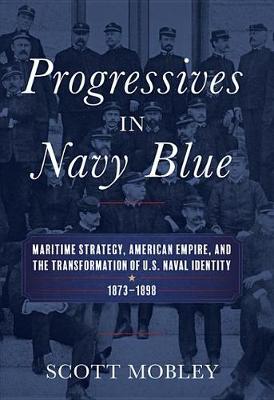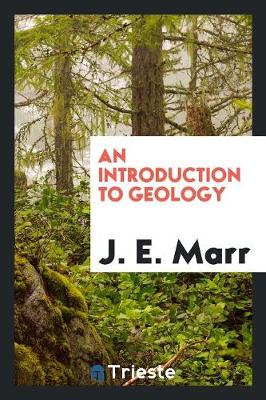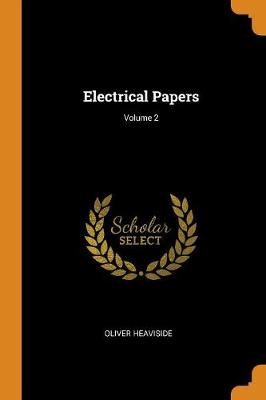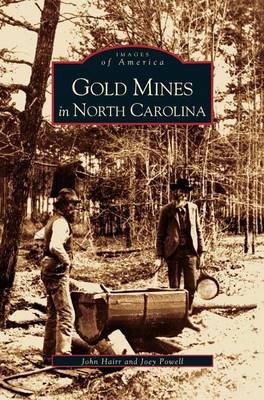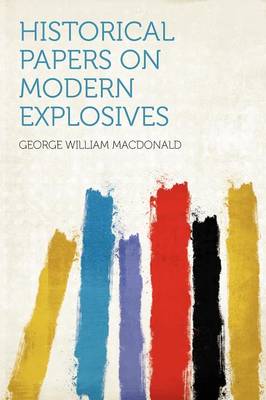Royal Air Force Stradishall, 1938-70
by Spencer Adams, Jock Whitehouse, and Jock Whitehead
Today, in a world of smartphones, tablets, and computers, screens are a pervasive part of daily life. Yet a multiplicity of screens has been integral to the media landscape since cinema’s golden age. In On the Screen, Ariel Rogers rethinks the history of moving images by exploring how experiments with screen technologies in and around the 1930s changed the way films were produced, exhibited, and experienced. Marshalling extensive archival research, Rogers reveals the role screens played at the...
In these pathbreaking essays, Roy Rosenzweig charts the impact of new media on teaching, researching, preserving, presenting, and understanding history. Negotiating between the "cyberenthusiasts" who champion technological breakthroughs and the "digital skeptics" who fear the end of traditional humanistic scholarship, Rosenzweig re-envisions the practices and professional rites of academic historians while analyzing and advocating for the achievements of amateur historians. While he addresses th...
Encyclopedia of Military Technology and Innovation (Non-Series)
by Stephen Bull
The Engines of Pratt & Whitney: A Technical History describes the evolution from piston engines to gas turbines by the engineers who created those engines. Included are hundreds of archival photographs, as well as over a dozen tables listing specifications and applications. The story starts with the founding of the company in the 1920s to provide reliable air-cooled piston engines to the military and to help create coast-to-coast commercial flight service. Pratt & Whitney quickly dominated comme...
This book, aimed at general readers, covers the entirety of computing history from antiquity to the present, placing the story of computing into the broader context of politics, economics, society, and more. Computers dominate the world we live in, and this book describes how we got here. The Computer: A Brief History of the Machine That Changed the World covers topics from early efforts at mathematical computation back in ancient times, such as the abacus and the Antikythera device, through Ba...
This unique book presents the story of the pioneering manufacturing company Ferranti Ltd. - producer of the first commercially-available computers - and of the nine end-user organisations who purchased these machines with government help in the period 1951 to 1957. The text presents personal reminiscences from many of the diverse engineers, programmers and marketing staff who contributed to this important episode in the emergence of modern computers, further illustrated by numerous historical ph...
"Transport Design" is the first design history to investigate the experience of travel, analysing the vehicle from the passengers' and drivers' points of view. Gregory Votolato takes us inside a wide range of vehicles, from buses and limousines to dugout canoes and 'superferries', to aircraft such as the Graf Zeppelin and the Apollo spacecraft. Organised in three parts air, land and sea "Transport Design" shows how the design of a vehicle shapes our experience of the journey, from home to work,...
In this wide-ranging survey, Peter J. Bowler explores the phenomenon of futurology: predictions about the future development and impact of science and technology on society and culture in the twentieth century. Utilising science fiction, popular science literature and the novels of the literary elite, Bowler highlights contested responses to the potential for revolutionary social change brought about by real and imagined scientific innovations. Charting the effect of social and military developm...
The Philosophy of Zoology (Cambridge Library Collection - Zoology, Volume 2)
by John Fleming
John Fleming (1785-1857) was a minister of the Church of Scotland, but in his time at the University of Edinburgh he had also studied geology and zoology. In the tradition of the country parson who was also a talented and knowledgeable naturalist, he published his first works on the geology of the Shetland Islands while serving there as a minister. His subsequent works led to his being offered the chair of natural philosophy at the University of Aberdeen, and subsequently at the newly created ch...
David L. Morton examines the process of invention, innovation, and diffusion of communications technology, using the history of sound recording as the focus. Off the Record demonstrates how the history of both the hardware and the ways people used it is essential for understanding why any particular technology became a fixture in everyday life or faded into obscurity. Morton's approach to the topic differs from most previous works, which have examined the technology's social impact, but not the...
Work and Effort: The Psychology of Production (Classic Reprint)
by Thomas Arthur Ryan
Where did we come from? Before there was life there had to be something to live on - a planet, a solar system. During the past 200 years, astronomers and geologists have developed and tested several different theories about the origin of the solar system and the nature of the Earth. Together, the three volumes that make up A History of Modern Planetary Physics present a survey of these theories. The early twentieth century saw the replacement of the Nebular Hypothesis with the Chamberlain-Moulto...
This study examines how intellectual and institutional developments transformed the U.S. Navy from 1873 to 1898. These dates bracket a dynamic quarter-century duringwhich Americans witnessed their navy transform from a modest imperial constabulary into a powerful mechanized force designed principally for national defense. Cultures ofprogress-clusters of ideas, beliefs, values, and practices pertaining to modern warfare and technology-guided the Navy's transformation. Working together, naval offi...
Originally published in 1905, this book provides an introductory guide to the 'scope and methods' of geology. Marr uses simple language to describe geological phenomena such as earthquakes and the erosive effects of the wind, sea, glaciers and rivers. The text is illustrated with diagrams and photographs demonstrating many of the topics discussed, including fossils and geological strata. This book will be of value to anyone with an interest in the history of science education in Britain.
Electrical Papers; Volume 2 (Cambridge Library Collection - Technology)
by Oliver Heaviside
A self-taught authority on electromagnetic theory, telegraphy and telephony, Oliver Heaviside (1850-1925) dedicated his adult life to the improvement of electrical technologies. Inspired by James Clerk Maxwell's field theory, he spent the 1880s presenting his ideas as a regular contributor to the weekly journal, The Electrician. The publication of Electrical Papers, a year after his election to the Royal Society in 1891, established his fame beyond the scientific community. An eccentric figure w...
In the early nineteenth century, as the American population grew rapidly, demands on crop output increased. Seeing an opportunity to play upon fears from market demand, chemical companies declared war on the vile, profitsucking, output-wreaking, arch-nemesis of the average American farmer - bugs. With precision, pesticide manufacturers delivered a 'shock and awe' media campaign, that can only be compared to the current blitzkrieg from today's pharmaceutical companies. Bugs were the threat to the...
